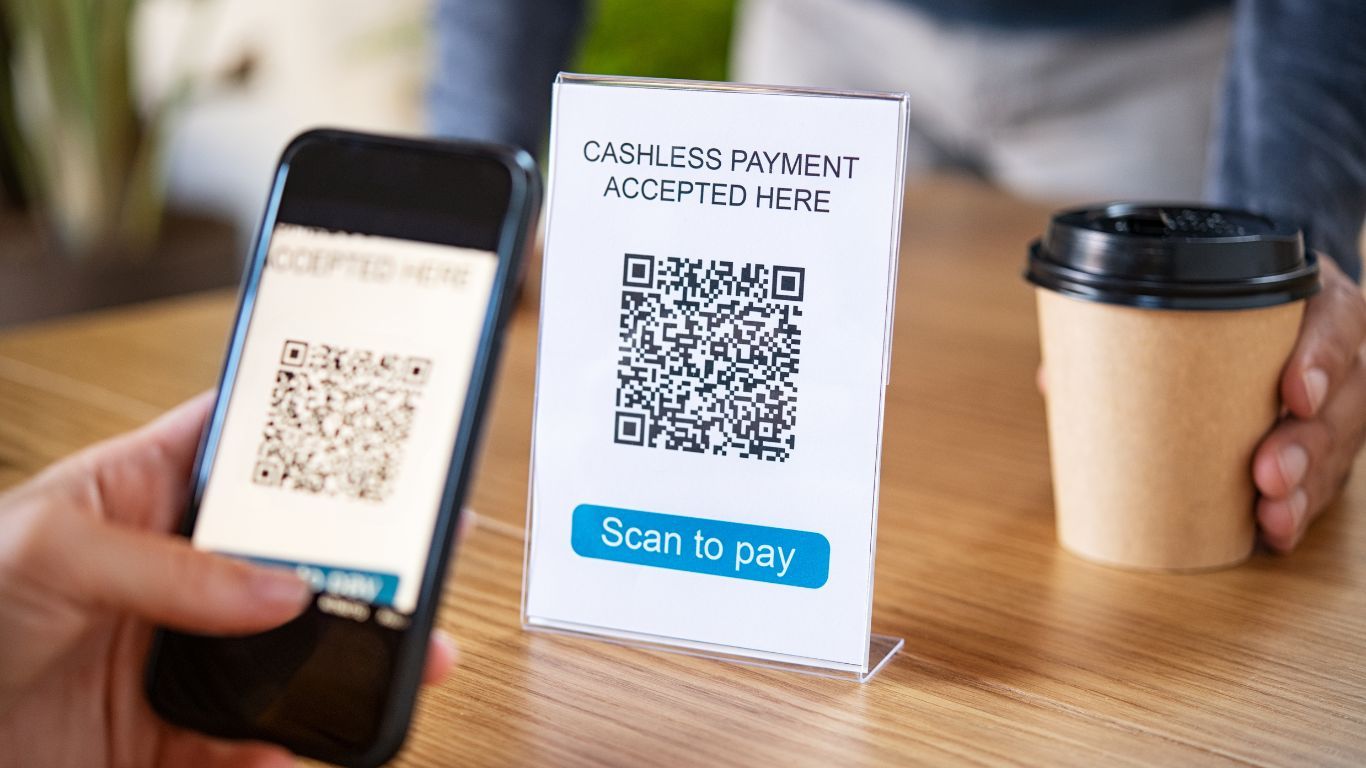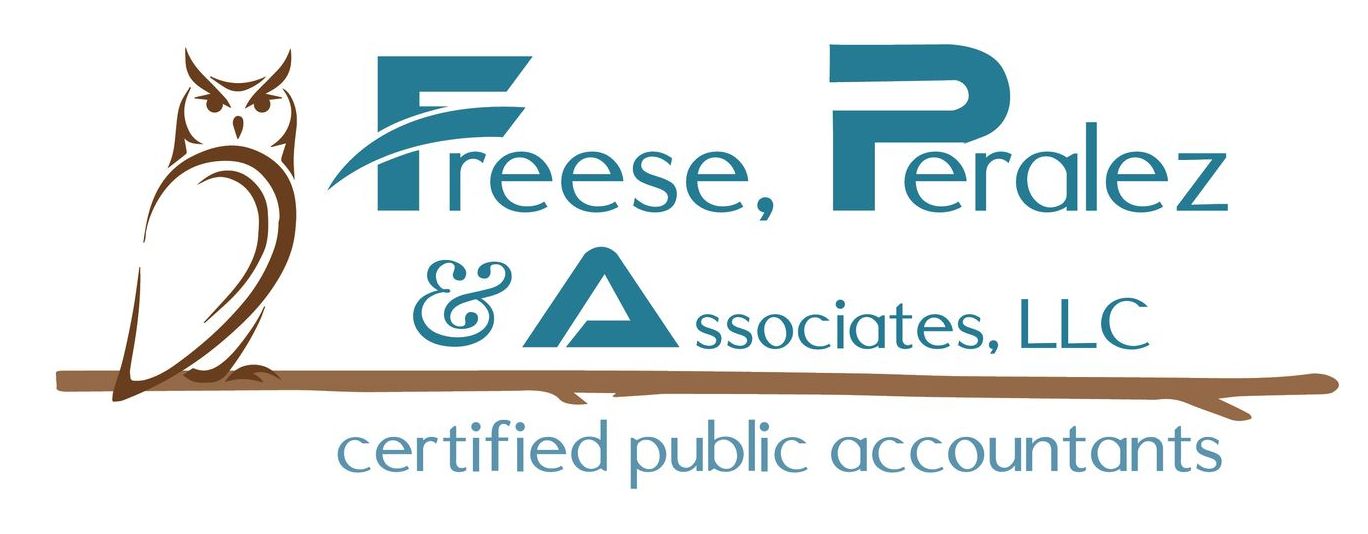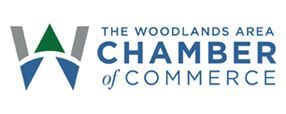Great News for Venmo and Cash App Customers
Great News for Venmo and Cash App Customers
Transition Period Extended to Minimize Confusion
The Internal Revenue Service (IRS) has recently declared a delay in the implementation of the new $600 Form 1099-K reporting threshold for the calendar year 2023. This decision aims to minimize confusion for taxpayers, considering the complexity of the new provisions. The IRS has officially designated 2023 as an additional transition year, aligning with the approach taken in 2022.

2023 Reporting Requirement Threshold
In light of the estimated 44 million Forms 1099-K reaching taxpayers, the reporting requirement for 2023 will only be mandatory if a taxpayer receives over $20,000 and conducts more than 200 transactions. This postponement seeks to alleviate confusion and provide taxpayers with a clearer understanding of their obligations.
Proposed $5,000 Threshold for 2024
Phased Implementation of Lower Reporting Requirement
Looking ahead to the 2024 tax year, the IRS is contemplating a $5,000 threshold as part of the phased implementation of the lower $600 reporting requirement, in accordance with the American Rescue Plan (ARP). This decision aims to offer individual taxpayers and stakeholders certainty and ample lead time to adapt to the new provisions.
Simplifying the Reporting Process
In addition to threshold adjustments, the IRS is exploring updates to Form 1040 and related schedules for 2024, intending to simplify the reporting process for taxpayers. However, due to the complexity of these changes, the decision has been made to delay alterations to the tax year 2024.
Background on the Reporting Requirement
The ARP initially mandated third-party settlement organizations (TPSOs), encompassing popular payment apps and online marketplaces, to report payments exceeding $600 for the sale of goods and services on a Form 1099-K starting in 2022. This requirement, intended for both the IRS and taxpayers, aimed to assist in completing tax returns. However, before the ARP's implementation, the reporting requirement applied only to sales involving more than 200 transactions per year, totaling over $20,000.
IRS Approach and Rationale
Phased-In Approach for Effective Tax Administration
Danny Werfel, the IRS Commissioner, emphasized the importance of this phased-in approach for effective tax administration, stating that it would prevent unnecessary confusion for taxpayers, tax professionals, and others in the area.
Distinguishing Between Personal and Taxable Transactions
It's important to note that reporting requirements do not apply to personal transactions such as gifts or shared costs. However, the casual sale of goods and services, including selling used personal items, could generate a Form 1099-K, even if the seller has no tax liability from those sales. The IRS's decision to delay reporting requirements and plan for a $5,000 threshold in 2024 takes into account the complexity of distinguishing between these types of transactions.
IRS Commitment and Feedback
Minimizing Burden and Collaborating with Stakeholders
The IRS reassures that it will use this additional time to minimize the burden on taxpayers and collaborate with third-party groups, tax professionals, and others to ensure smoother compliance with the law. It emphasizes the importance of information reporting expansion, believing it will increase tax compliance and reduce the burden on taxpayers.
Seeking Feedback on Proposed Changes
The IRS welcomes feedback on the $5,000 threshold for tax year 2024 and other elements of the reporting requirement, including how to best focus reporting on taxable transactions. As the IRS navigates these changes, it promises to continue providing information to taxpayers and professionals, remaining focused on meeting taxpayers where they are and assisting them in getting it right the first time.
Conclusion
This transition period and the proposed changes signal positive developments for both taxpayers and tax professionals. However, it's crucial to remember that while these changes apply to third-party reporting, individual tax obligations remain unchanged. Taxpayers are still required to report their taxable income, irrespective of the payment method.
If you need assistance navigating these changes or have any tax-related concerns, Freese, Peralez & Associates is here to help. Our team of experienced professionals can guide you through the complexities of tax compliance, ensuring you stay up-to-date with the latest regulations and maximize your deductions. Visit our website at FPA online to book an appointment or learn more about our services.
















